Cross Curricular
Cross-curricular working takes careful planning, but well done well it enhances learning and enables students to think beyond the confines of the school curriculum. History teachers can set up projects with other subjects as diverse as Maths, English and Art. Non-school subjects, such as Archaeology also relate well to History.
Sort by:
Date (Newest first) | Title A-Z
Show:
All |
Articles |
Podcasts |
Multipage Articles
-
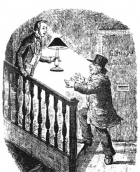
Having 'Great Expectations' of Year 9
ArticleClick to view -
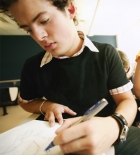
Disciplining cross-curricularity?
ArticleClick to view -

Making cross-curricular links in history
ArticleClick to view -
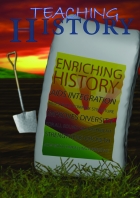
Teaching History 138: Enriching History
ArticleClick to view -

History's secret weapon: the enquiry of a disciplined mind
ArticleClick to view -
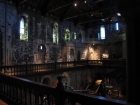
Maths and History - Cross Curricular Case Study
ArticleClick to view -

Interdisciplinary forays within the history classroom
ArticleClick to view -
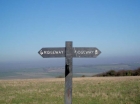
Two Realms and an empire: history, geography and an investigation into landscape
ArticleClick to view -

Film history in the Classroom
ArticleClick to view -

English, history and song in Year 9: mixing enquiries for a cross-curricular approach to teaching the most able
ArticleClick to view -

Teaching about heritage through a cross-curricular enquiry
ArticleClick to view -

Geography in the Holocaust: citizenship denied
ArticleClick to view -

Placing history: territory, story, identity - and historical consciousness
ArticleClick to view -

How did changing conceptions of place lead to conflict in the American West? Reflecting on revision methods for GCSE
ArticleClick to view -

Plotting maps and mapping minds: what can maps tell us about the people who made them
ArticleClick to view -

Picturing place: what you get may be more than what you see
ArticleClick to view -

Sense, relationship and power: uncommon views of place
ArticleClick to view -

Hitting the right note: how useful is the music of African-Americans to historians?
ArticleClick to view -

School History Scene: the unique contribution of theatre to history teaching
ArticleClick to view -

Mushrooms and snake-oil: using film as AS/A level
ArticleClick to view

